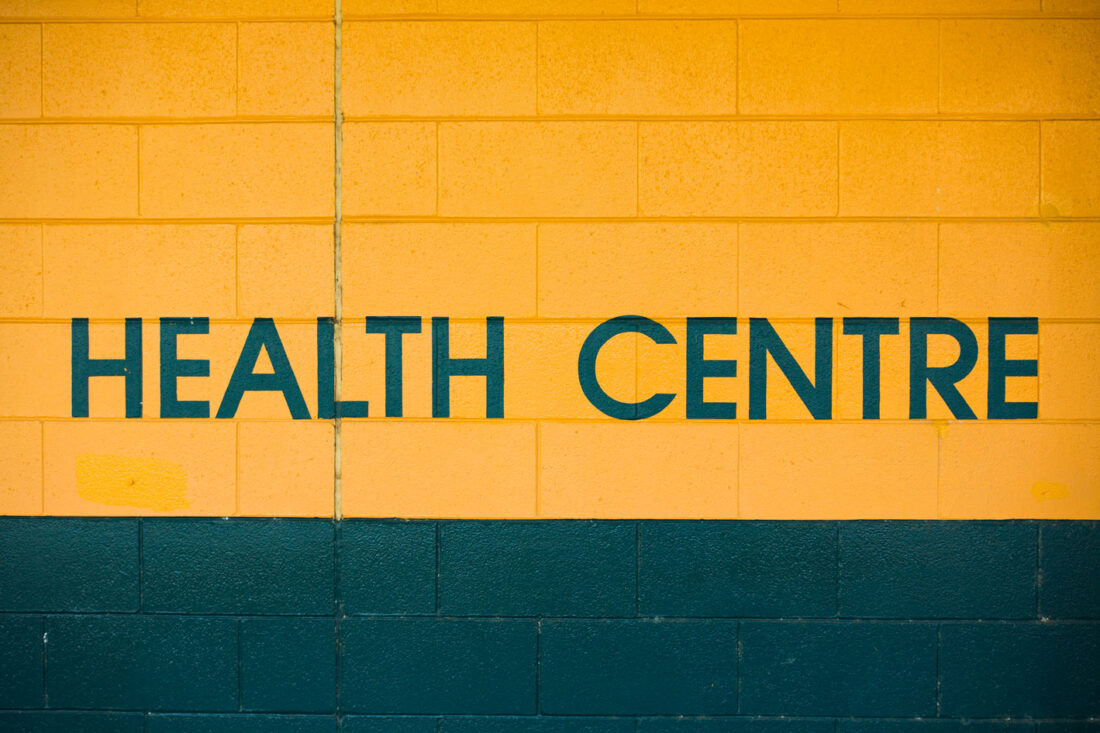Managing COVID-19 in prisons
Planning for COVID-19 in our prisons
We’re sure that you are aware that COVID-19 is spreading in communities across Queensland, and we are beginning to see cases of COVID-19 in our correctional centres amongst officers and prisoners.
This was expected and planned-for long before the border restrictions eased on December 13.
Queensland Corrective Services has worked hard to plan and prepare for increased COVID-19 cases in the community, and the possible effects on our correctional centres and offices.
We have robust, staged plans in place to allow our correctional centres manage outbreaks as safely as possible.
We thought you’d be interested in knowing what to expect in coming weeks.
What we’ve done so far:
There are a number of things that have been put in place in preparation of COVID-19, including:
- A Chief Health Officer directive that all personal visitors 16 years and older be fully vaccinated from December, 2021.
- Another directive that all officers who work in correctional centres be fully vaccinated.
- A directive that all QCS officers who escort prisoners to hospitals be fully vaccinated.
These directives come on top of the extensive planning and operational processes which have been in place since March 2020, including the use of masks and social distancing for visits.
Additionally, all prisoners in Queensland correctional facilities have either been fully vaccinated or offered vaccination. New receptions are encouraged to get vaccinated as a part of their health assessment, and boosters are provided in the appropriate timeframe.
Prisoners who are not yet vaccinated can ask to be vaccinated at any time.
Previously we have relied on restricting visits and health checking everyone who entered our centres. As COVID-19 becomes more prevalent, we will be taking a different approach to managing the risks associated with the virus, and you will see a more agile approach taken by centres.
How we are managing risks now?
You may have noticed that the past few weeks, there have been some correctional centres which have cancelled visits and restricted internal movements.
This has happened to take additional steps where needed to support the health and safety of prisoners and staff. It doesn’t necessarily mean there has been an outbreak in the centre.
This means visits may be cancelled at short notice, and reinstated as quickly as possible. You can keep an eye on our website and Facebook page to hear about visits being restricted.
*TIP* It is always a good idea to confirm with the centre the day before you are due to visit to make sure they are going ahead, as many centres have activated their COVID response plans, which include day-by-day consideration of staffing requirements.
What about when there is a positive case within a prison?
Close contacts:
If it comes to our attention that a prisoner or prisoners may be a close contact, or they are showing symptoms, they will be isolated until they are tested. If we are unsure of who may be exposed, we will limit movements within the centre or centres affected, to minimise the risk of spread to other parts of the prison.
These restrictions will usually be at a unit level, to minimise the impact on the rest of the centre.
Officers who show symptoms of COVID-19 or who are identified as close contacts will be relieved of duty and sent home to isolate in line with Queensland Health protocols.
COVID-19 in prisoners:
Every correctional centre has developed plans for the event of a positive COVID-19 case. These plans reflect the way Queensland Health is managing cases in the community, and the particular challenges of managing the disease in a prison environment.
If a prisoner tests positive, and has no or mild symptoms, they will be managed in the prison in the same way as we would manage someone with any other contagious disease – by isolating them and limiting interactions which may spread the disease.
Every correctional centre has Queensland Health staff on site to monitor prisoners and treat symptoms.
Fully vaccinated officers equipped with appropriate PPE will manage these prisoners in partnership with Queensland Health.
Other prisoners who may be close contacts will also be isolated and tested. This could include cell mates, people in the same unit, and people who may have been exposed to the positive case outside of their unit, such as industries or education.
If a prisoner tests positive and is showing serious symptoms, they will be transported to a hospital, where they will be treated while under escort by our officers. So far we have only had two prisoners who have required treatment at a hospital for COVID-19.
Just as with any illness, if a prisoner contracts COVID and becomes seriously ill, we will make contact with their next of kin.
Obviously we still need to abide by prisoner confidentiality.
Wherever possible, we will try to ensure prisoners can still contact their families, even if they are insolation.
Prisoners who are not in isolation can access Virtual Personal Visits and emails, as well as face-to-face visits if we are able to facilitate them.
Obviously these plans will be adjusted as we respond to emerging situations, so we’ll be letting you know if things change.
We appreciate this is a worrying time for everyone, and hope this has eased some of your concerns.
*If you have questions that this doesn’t answer, feel free to drop us a dm, and we’ll see if we can find the information for you.*

